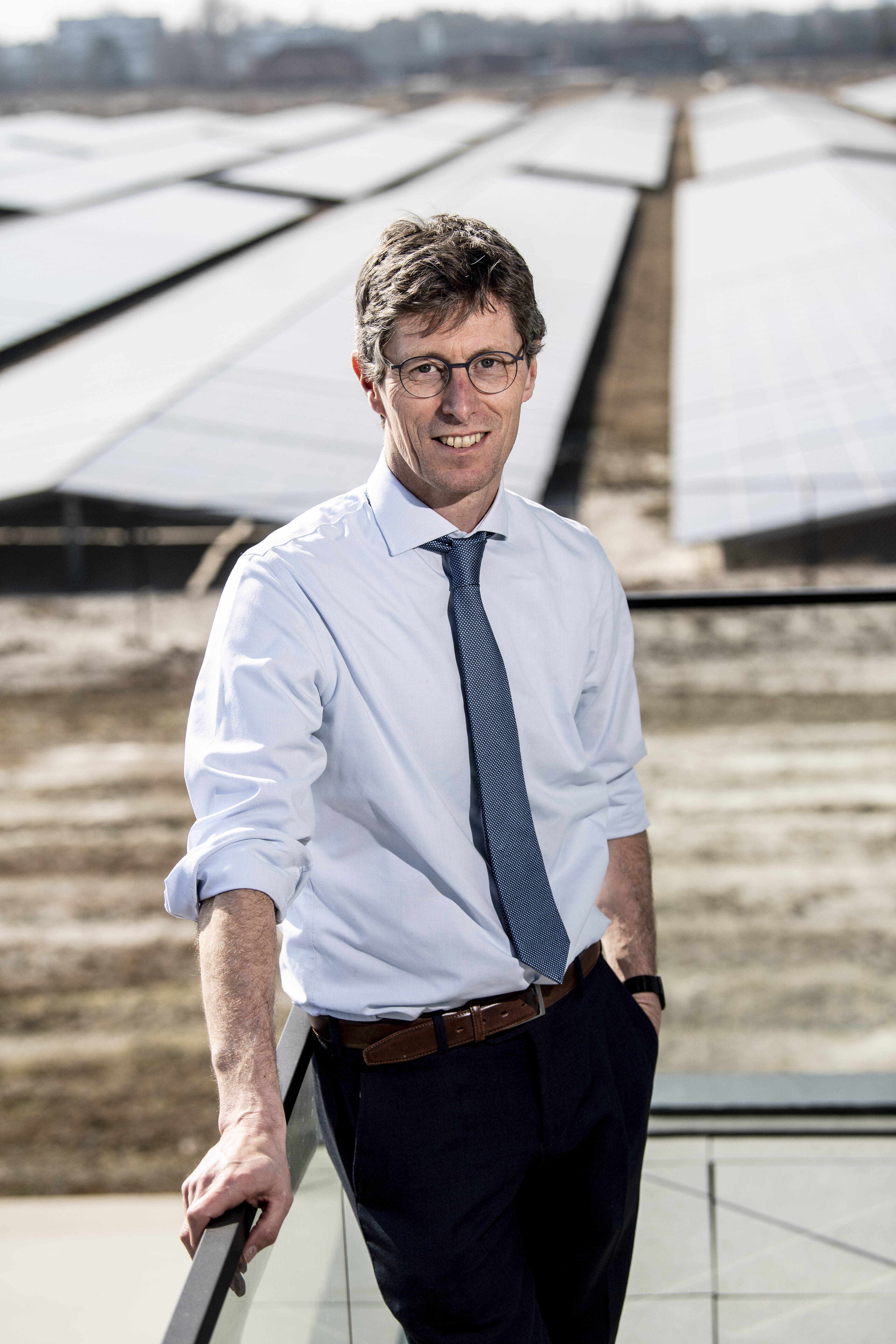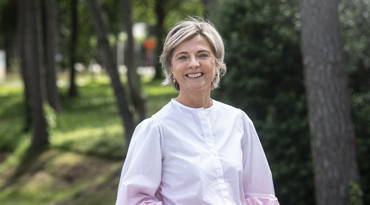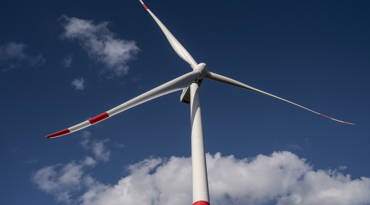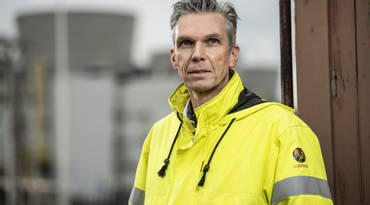Nyrstar is playing a key role in the energy transition by producing and processing zinc, lead and silver, for example. ‘These are essential substances for activities such as the production of solar cells and the galvanising of wind turbine components. We are working hard on adjusting our electricity consumption to the supply of sustainable sources’, says Guido Janssen, Vice-President European Operations at Nyrstar.

‘Naturally, as a leading processor of metals we use our energy carefully. Since January 2021, our zinc smelter in Budel in the Netherlands, for example, has been buying 100 per cent green electricity. This has reduced its greenhouse gas emissions by 97 per cent. We are also a partner in wind and solar farms that are located at our industrial sites and are currently building ‘BESS’, one of the largest batteries in Belgium that can store up to 100 MWh of power, at our site in Balen.‘
‘Over the next few years, we want to step up our efforts in connection with energy production and consumption, and increasingly adjust our production capacity to the renewable energy available. On days when there is a lot of wind and sun, our level of production will go up by as much as 150 per cent.’ During periods when there is no wind and less sun, we will scale back our capacity to 50 per cent, for example.’
‘In practice, that is not something we can do just like that. We will have to expand part of the plant in order to create that extra flexibility. But we are prepared to do that because we firmly believe that electrification and greater flexibility in terms of our electricity consumption are essential to the future of the industry. Incidentally, zinc is perfect for a modular production system.’
We will increasingly adjust our production capacity to the renewable energy available.
Guido Janssen,
Vice President European Operations at Nyrstar
‘By the way, it is not only up to us to make the additional investments that are required in order to realise this flexibilitysation. The high-voltage grid must also be able to cope with these higher peaks in consumption. This is a bottleneck that we are currently facing in all European countries. We are currently in talks about this with Elia, the operator of the Belgian high-voltage grid.’
‘In short: we advocate for a clear and future-oriented energy policy and closer collaboration between authorities, industries and other stakeholders. Global energy prices must become and remain competitive. That is the only way to move forward as a company, industry and society.’


